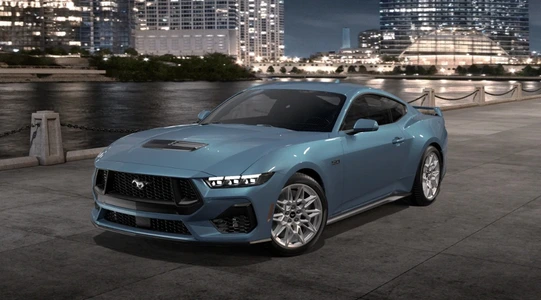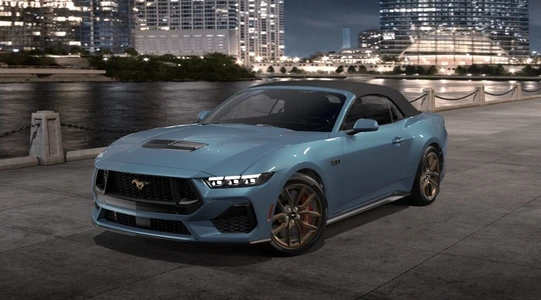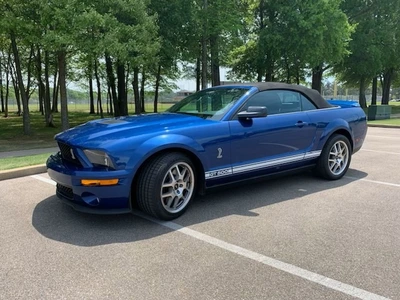When shopping for a new vehicle, one of the first decisions you’ll need to make is whether to go with an SUV or a sedan. Both types of vehicles have their unique advantages, and the right choice depends on your lifestyle, budget, and personal preferences. In this guide, we’ll compare SUVs and sedans across key factors such as space, fuel efficiency, safety, cost, and driving experience to help you make an informed decision.
Space and Comfort
One of the biggest differences between an SUV and a sedan is space. SUVs typically offer more passenger and cargo room, making them ideal for families, outdoor enthusiasts, and anyone who needs extra storage. Many SUVs also come with third-row seating, allowing them to accommodate larger groups.
Sedans, on the other hand, provide a more compact and comfortable interior that’s well-suited for daily commuting and city driving. If you don’t require extra cargo space or additional seating, a sedan may be the better option for a smooth and cozy ride.
Fuel Efficiency
Fuel economy is a major consideration for many buyers. Generally, sedans offer better fuel efficiency than SUVs due to their lighter weight and aerodynamic design. If you drive long distances frequently or want to save money on gas, a sedan is likely the more economical choice.
However, advances in SUV engineering have led to improved fuel efficiency, especially with hybrid and electric SUV options. If you prefer an SUV but are concerned about fuel costs, looking into a hybrid model could be a great solution.
Safety and Performance
Safety is a priority for most drivers, and both SUVs and sedans come equipped with advanced safety features. However, SUVs often provide a higher driving position, which can enhance visibility. Additionally, many SUVs come with all-wheel or four-wheel drive, offering better performance in rough weather and off-road conditions.
Sedans tend to have a lower center of gravity, reducing the risk of rollovers and making them more stable on highways and sharp turns. If you drive primarily on paved roads in mild weather conditions, a sedan may be the safer and more stable choice.
Cost and Maintenance
The initial cost of purchasing an SUV is typically higher than that of a sedan. Additionally, SUVs often come with increased maintenance costs due to larger tires, more complex drivetrain components, and potentially higher insurance rates.
Sedans are generally more affordable to buy, maintain, and insure. If budget is a primary concern, a sedan could be the more practical option.
Driving Experience
Driving preferences also play a role in choosing between an SUV and a sedan. Sedans are often easier to maneuver, particularly in urban settings with tight parking spaces and narrow streets. Their smaller size makes them more agile and responsive.
SUVs, on the other hand, offer a commanding road presence and the ability to handle a variety of terrains. If you enjoy outdoor adventures, road trips, or need to navigate rough roads, an SUV may provide a more versatile driving experience.
Which Vehicle is Right for You?
The choice between an SUV and a sedan ultimately depends on your needs and priorities. If you need extra space, a higher driving position, and enhanced off-road capability, an SUV is likely the better fit. If fuel efficiency, lower costs, and easy maneuverability are more important, a sedan is a great option.
Before making a decision, consider taking test drives and evaluating how each vehicle aligns with your daily routine. Whether you choose an SUV or a sedan, selecting the right vehicle will ensure a comfortable and enjoyable driving experience.
David Freeman
(901) 508-3773
Homer Skelton Ford of Millington












